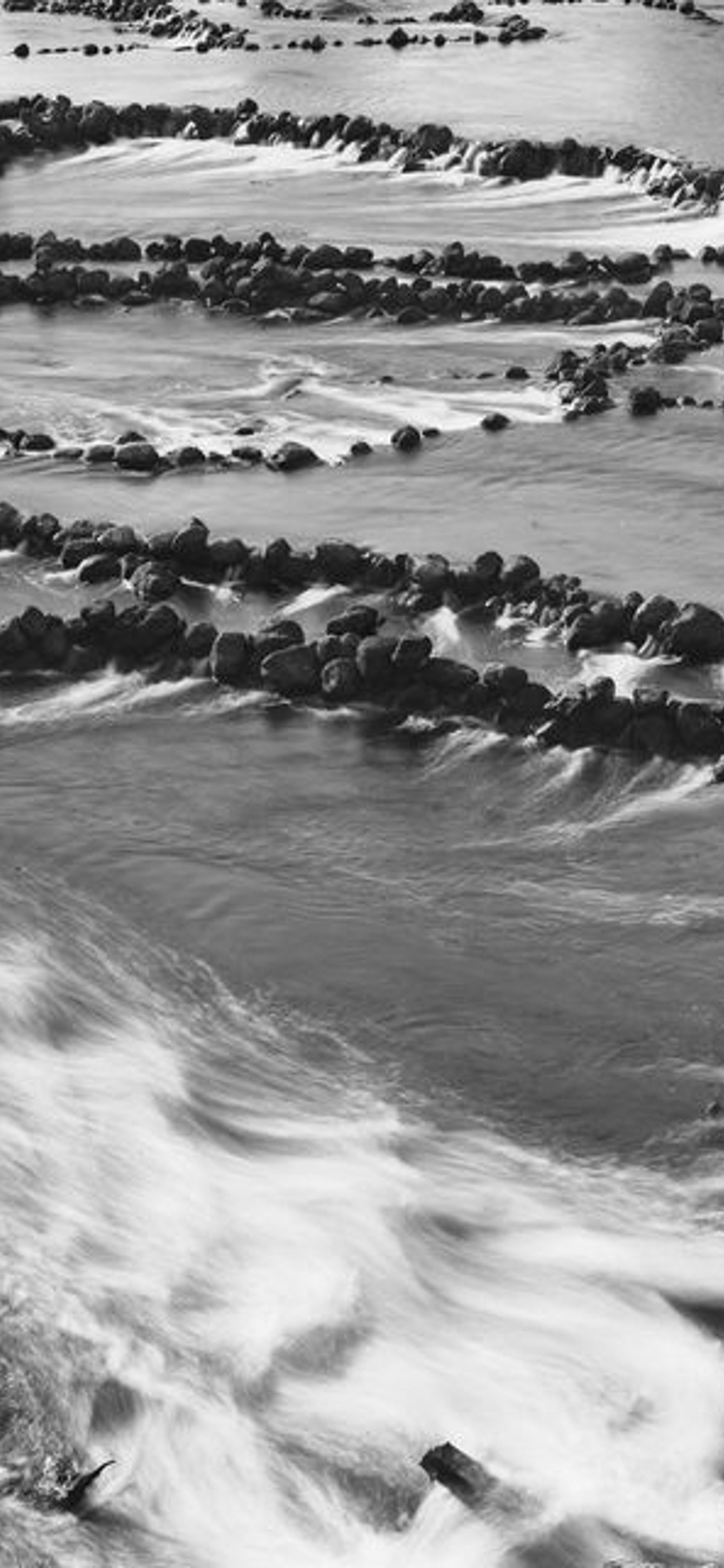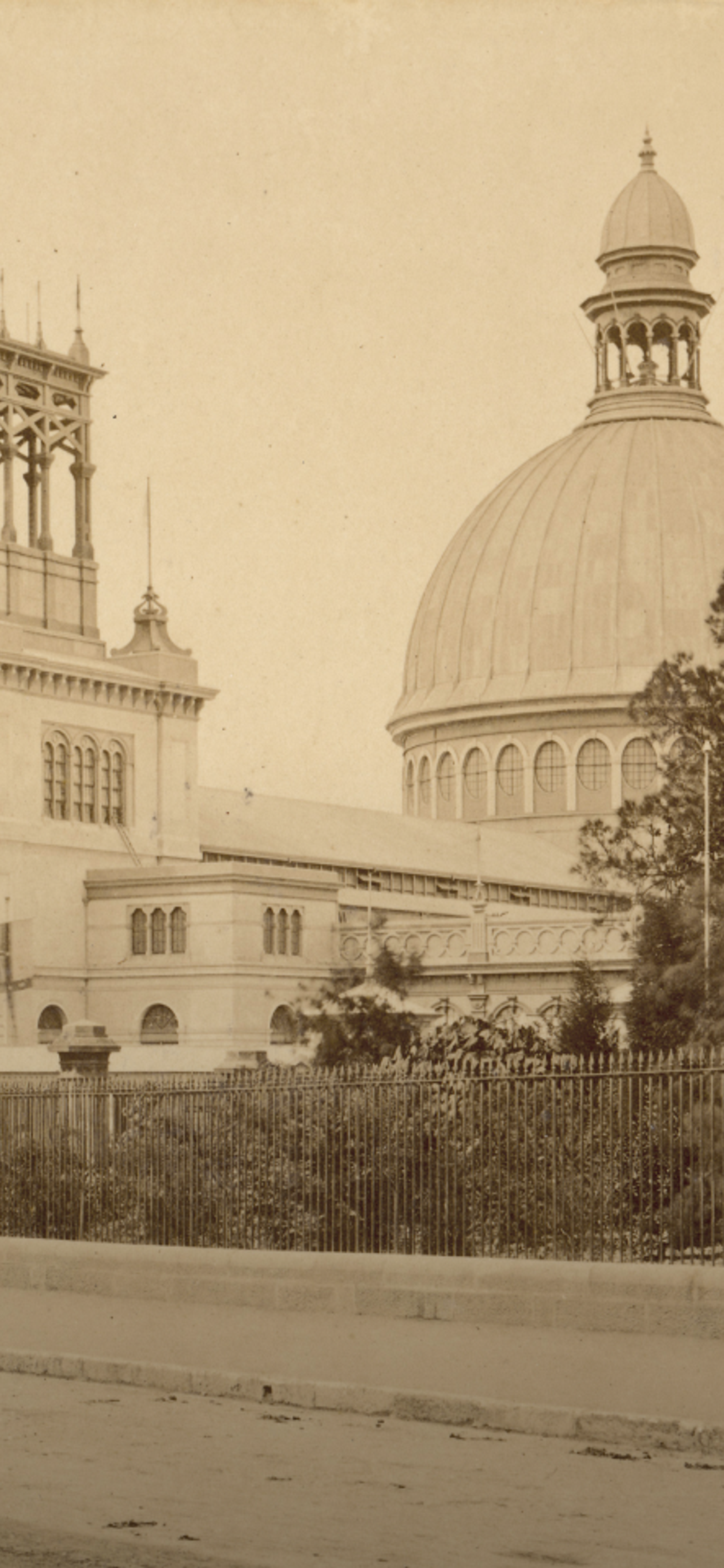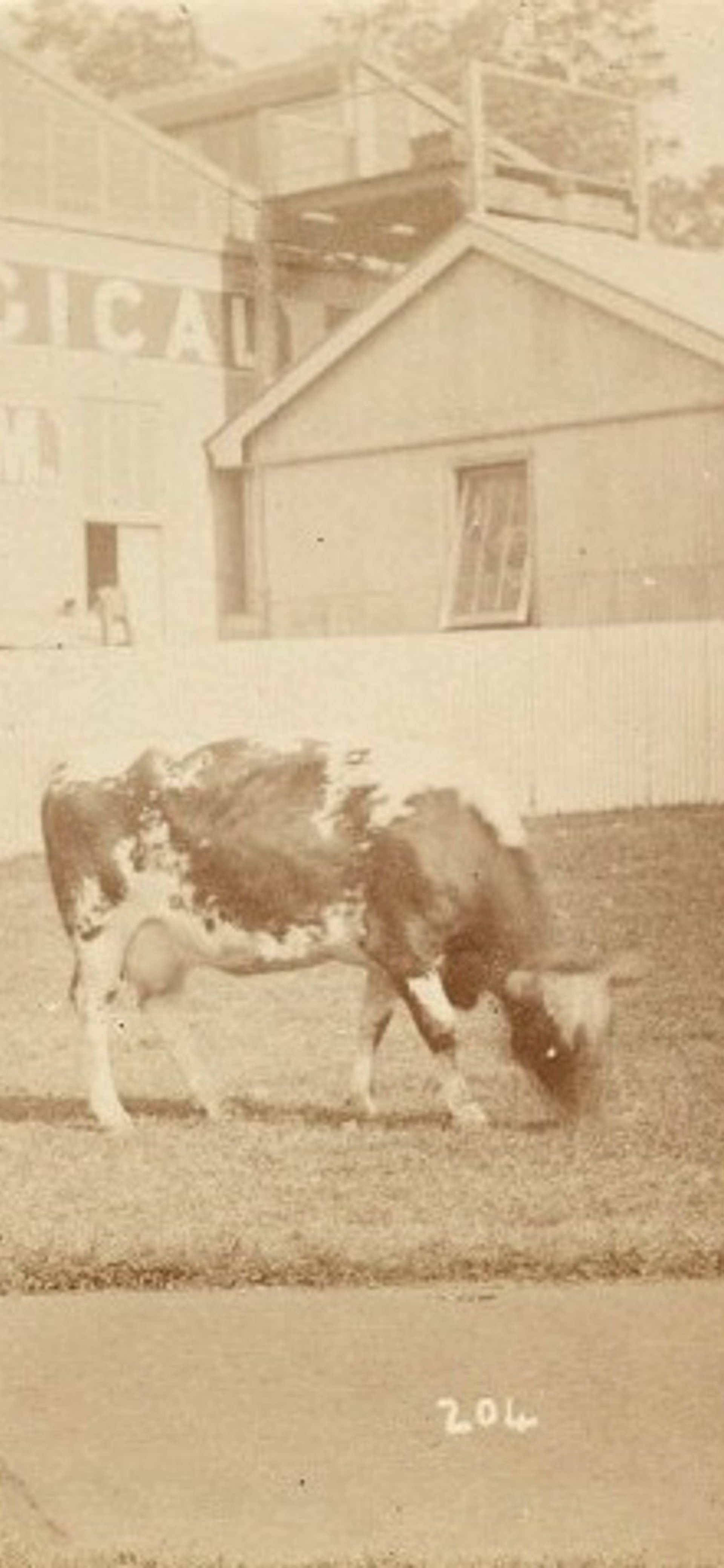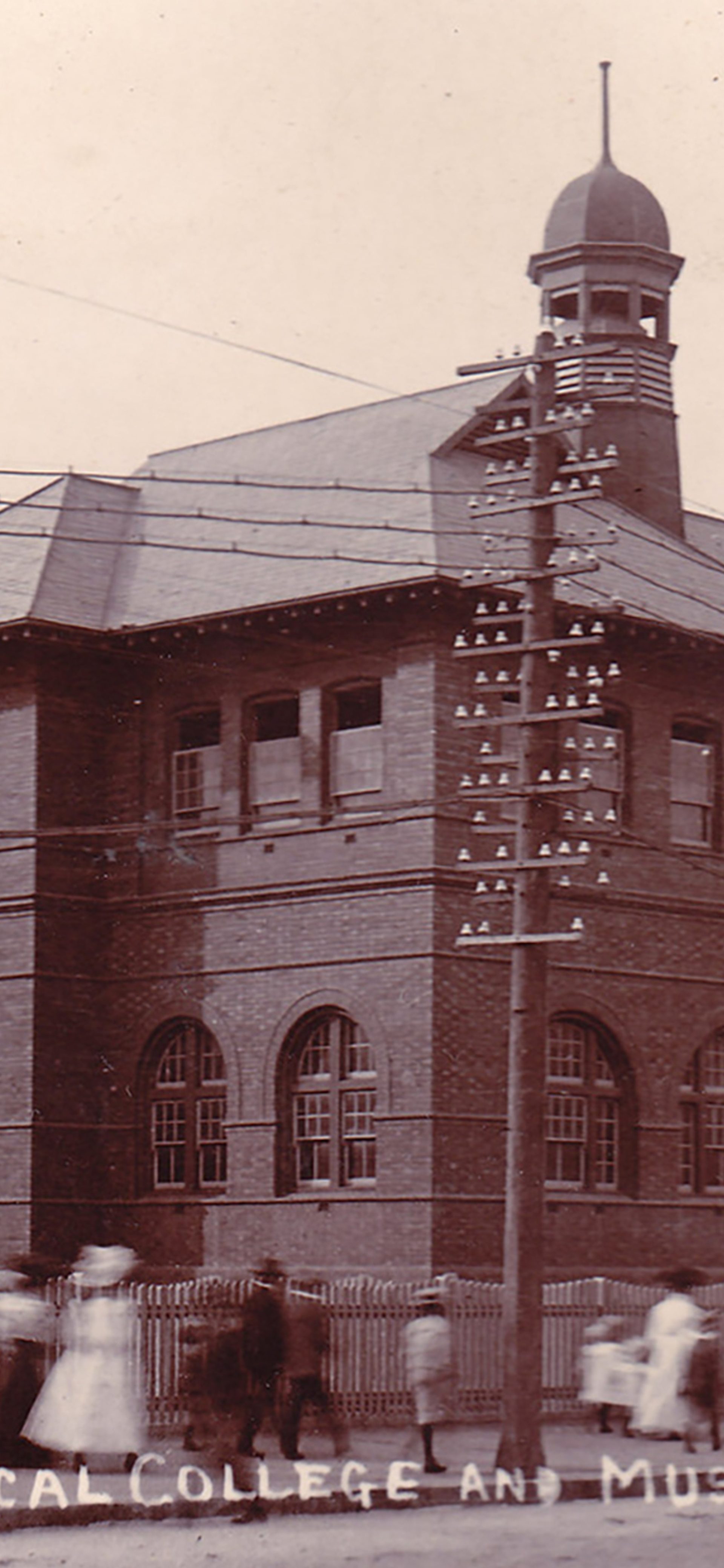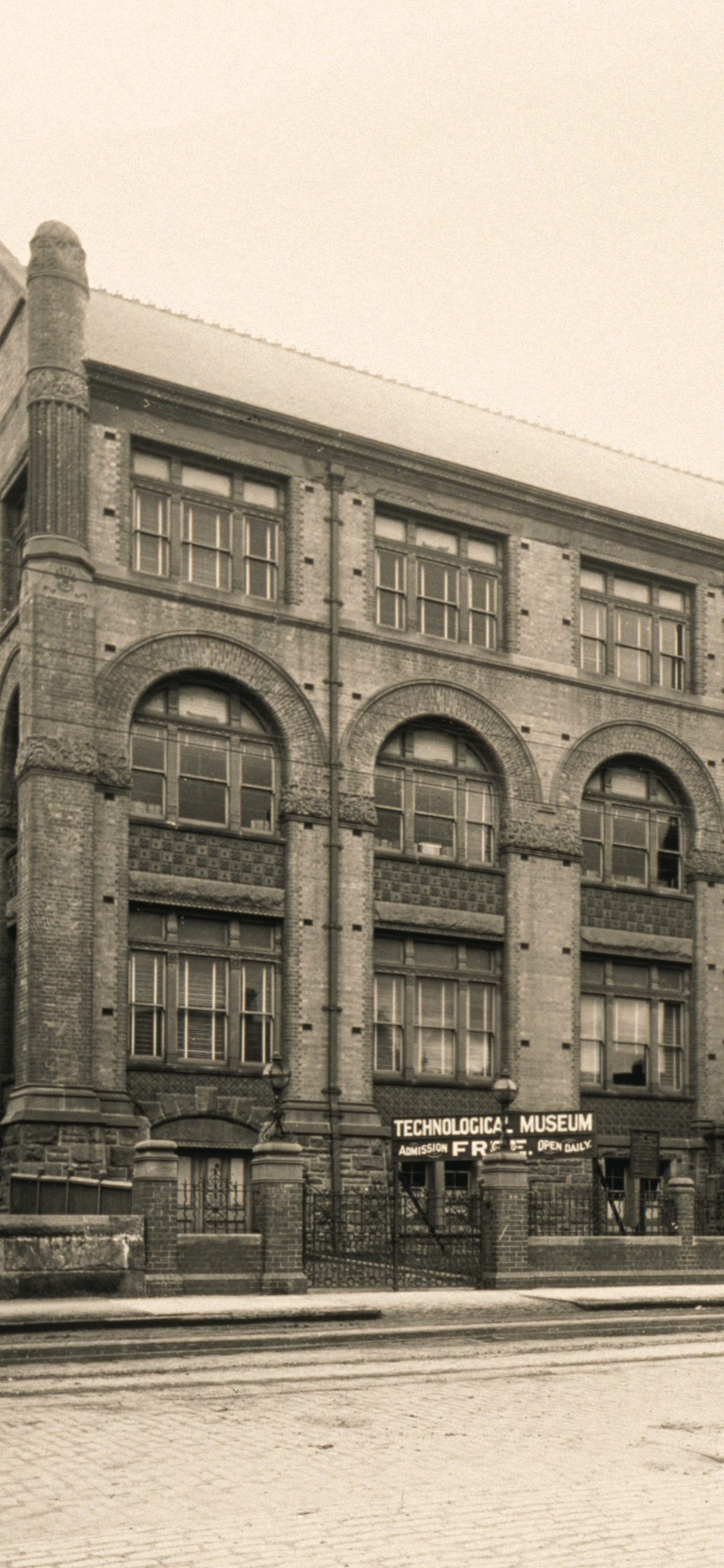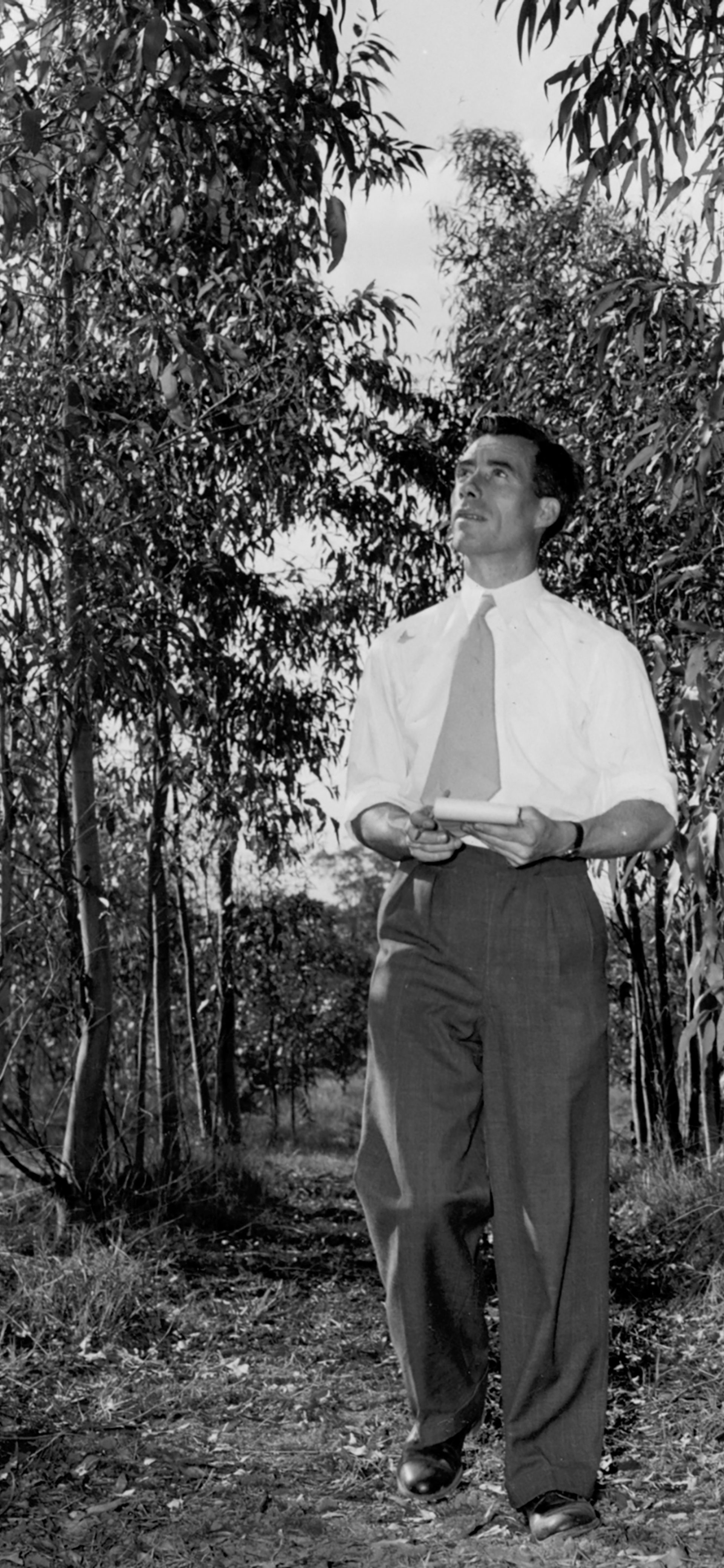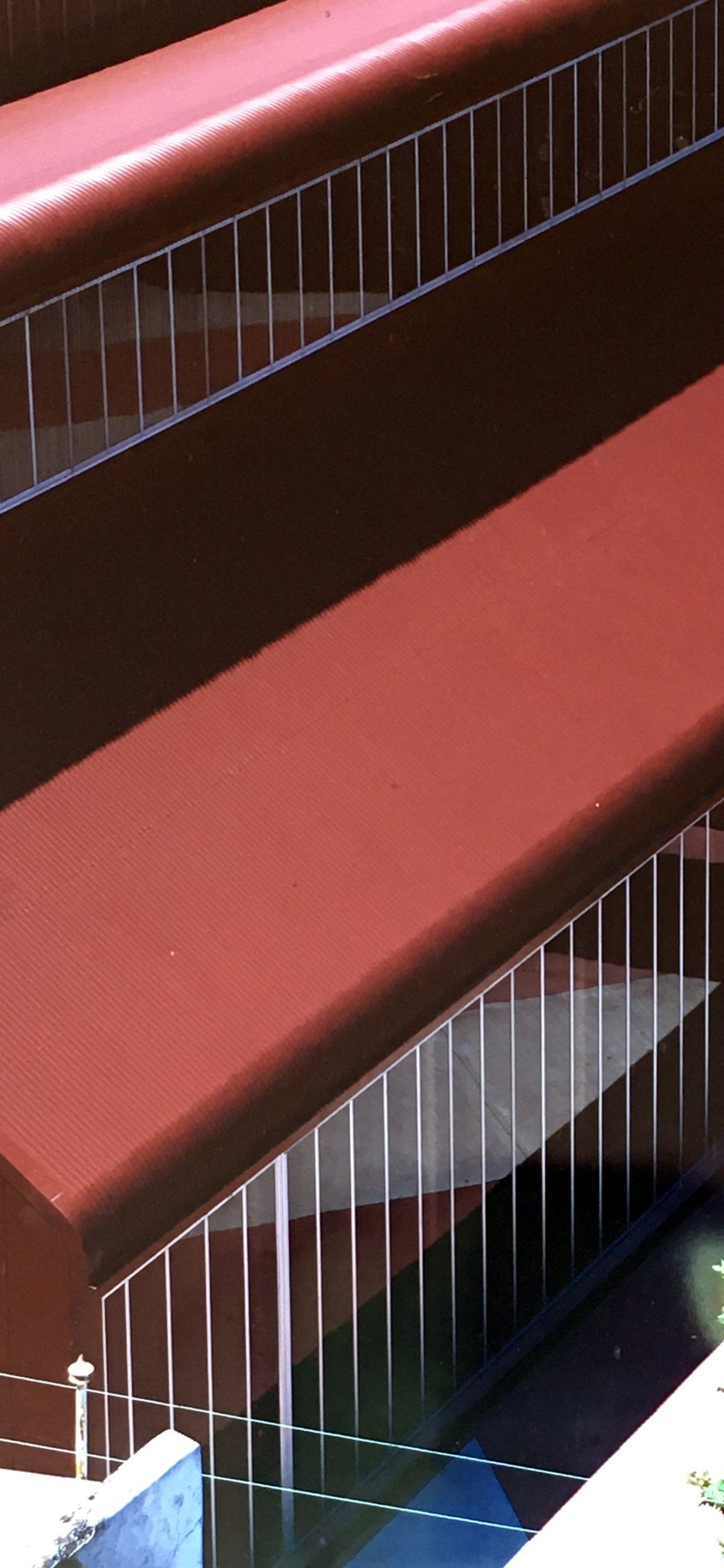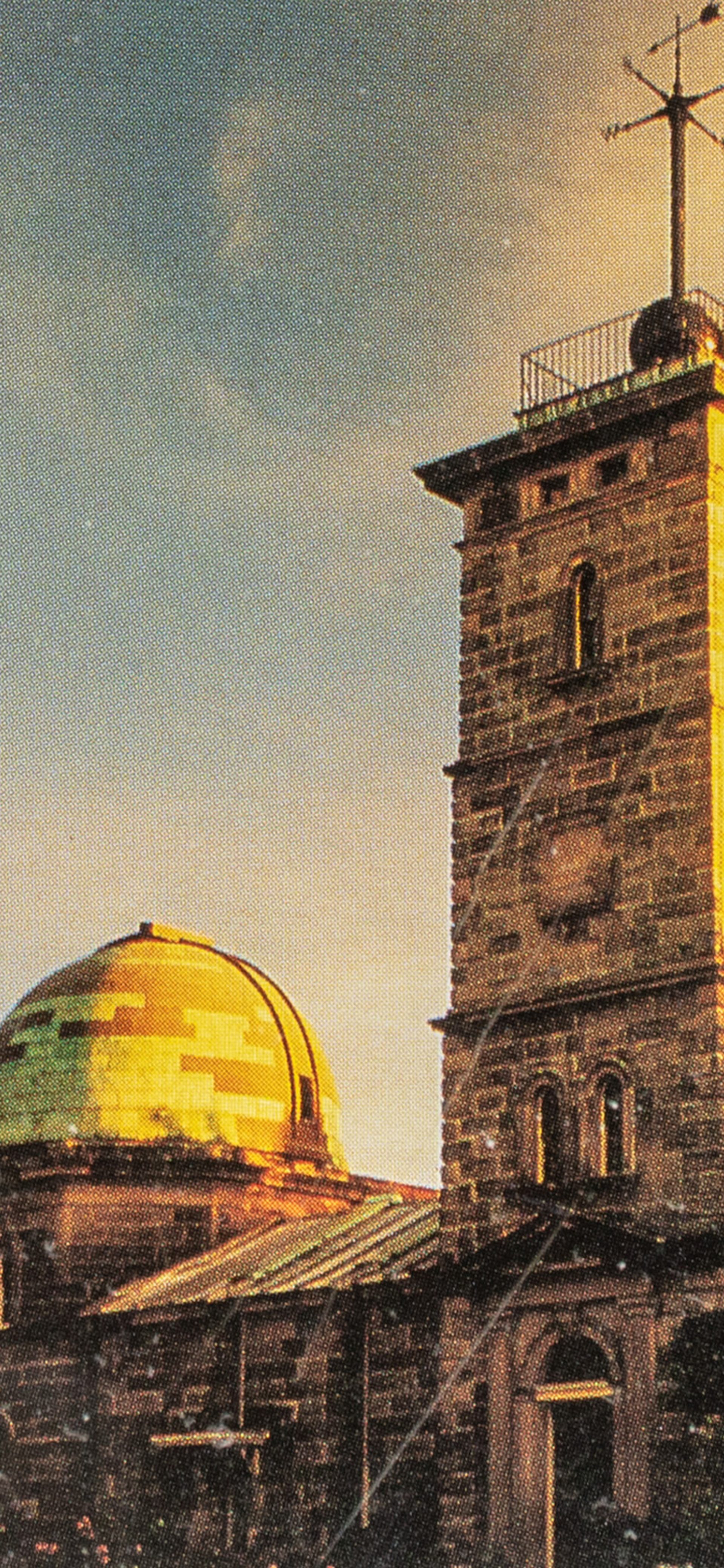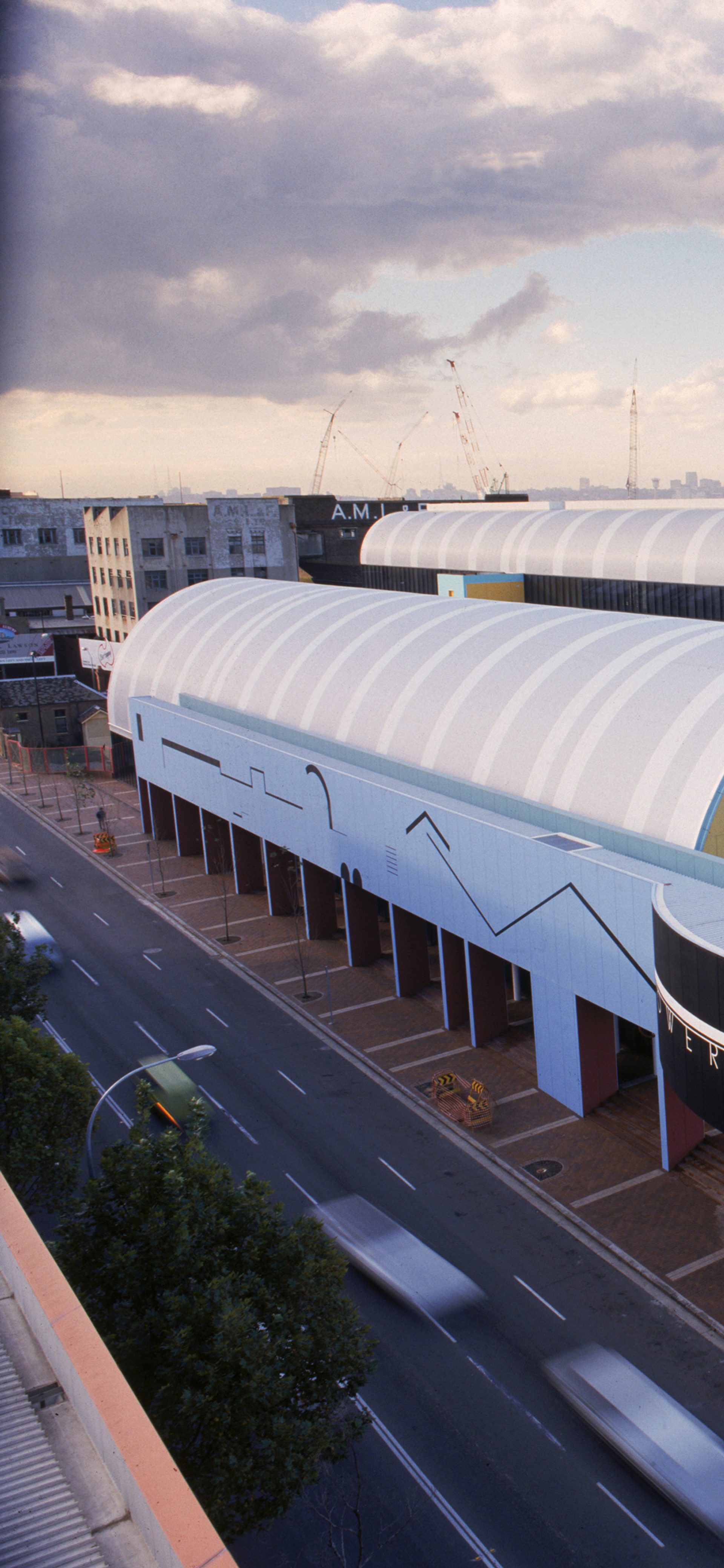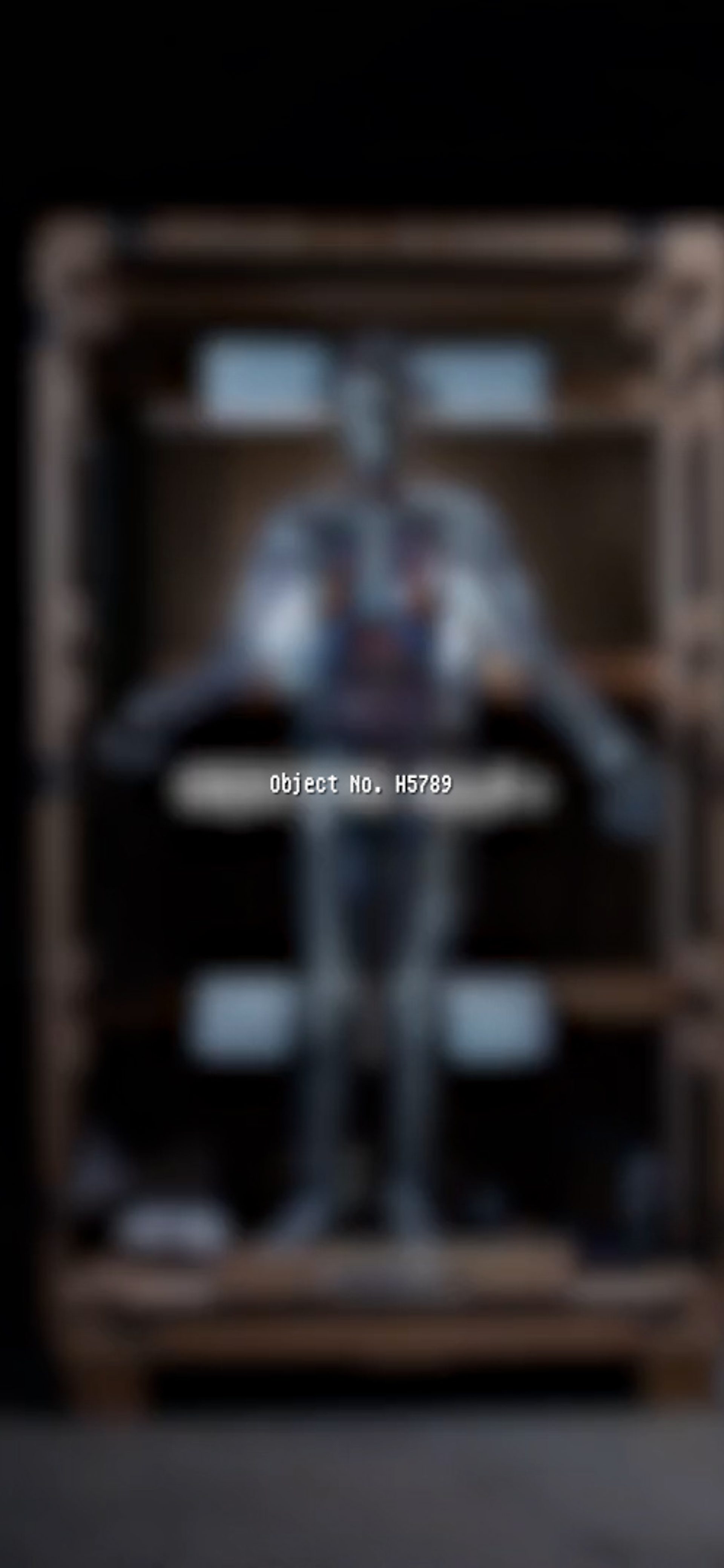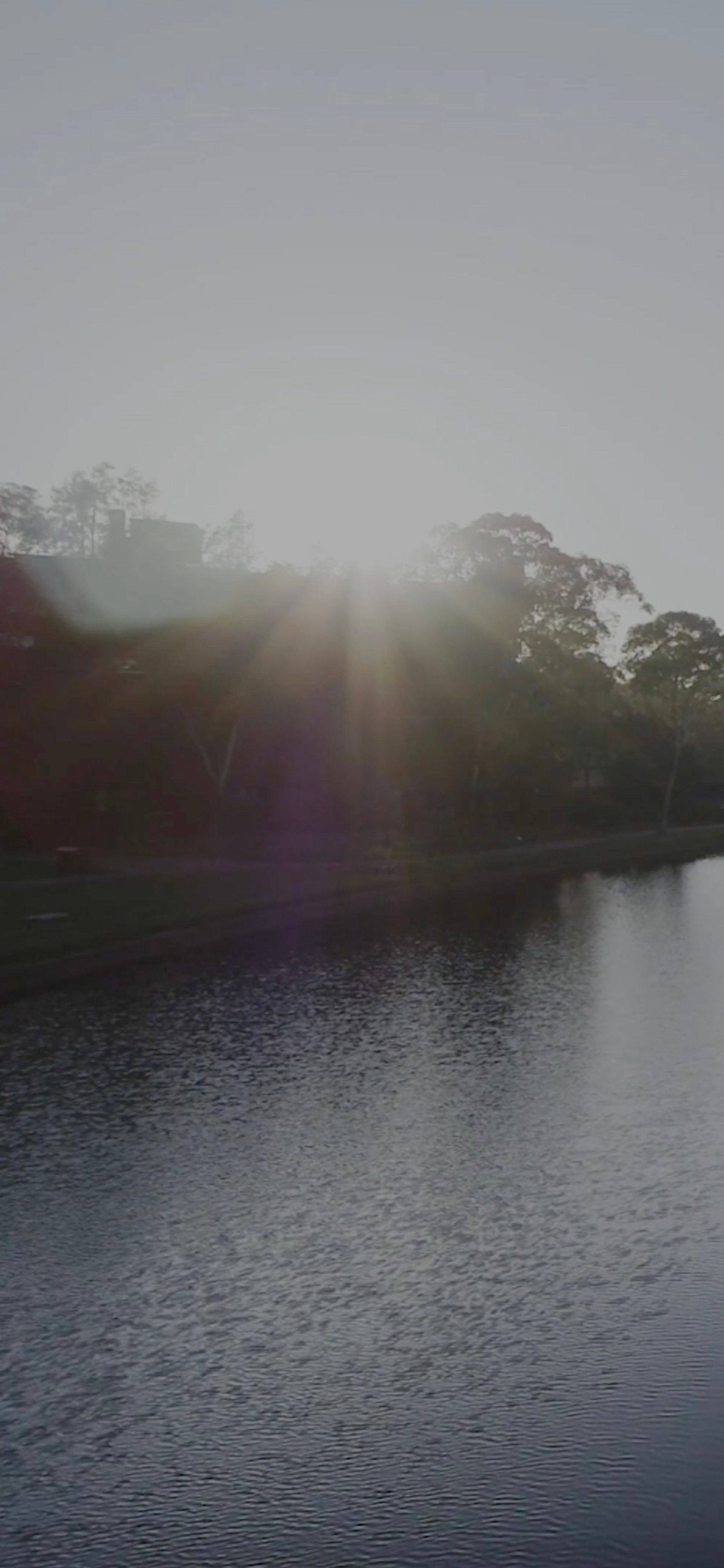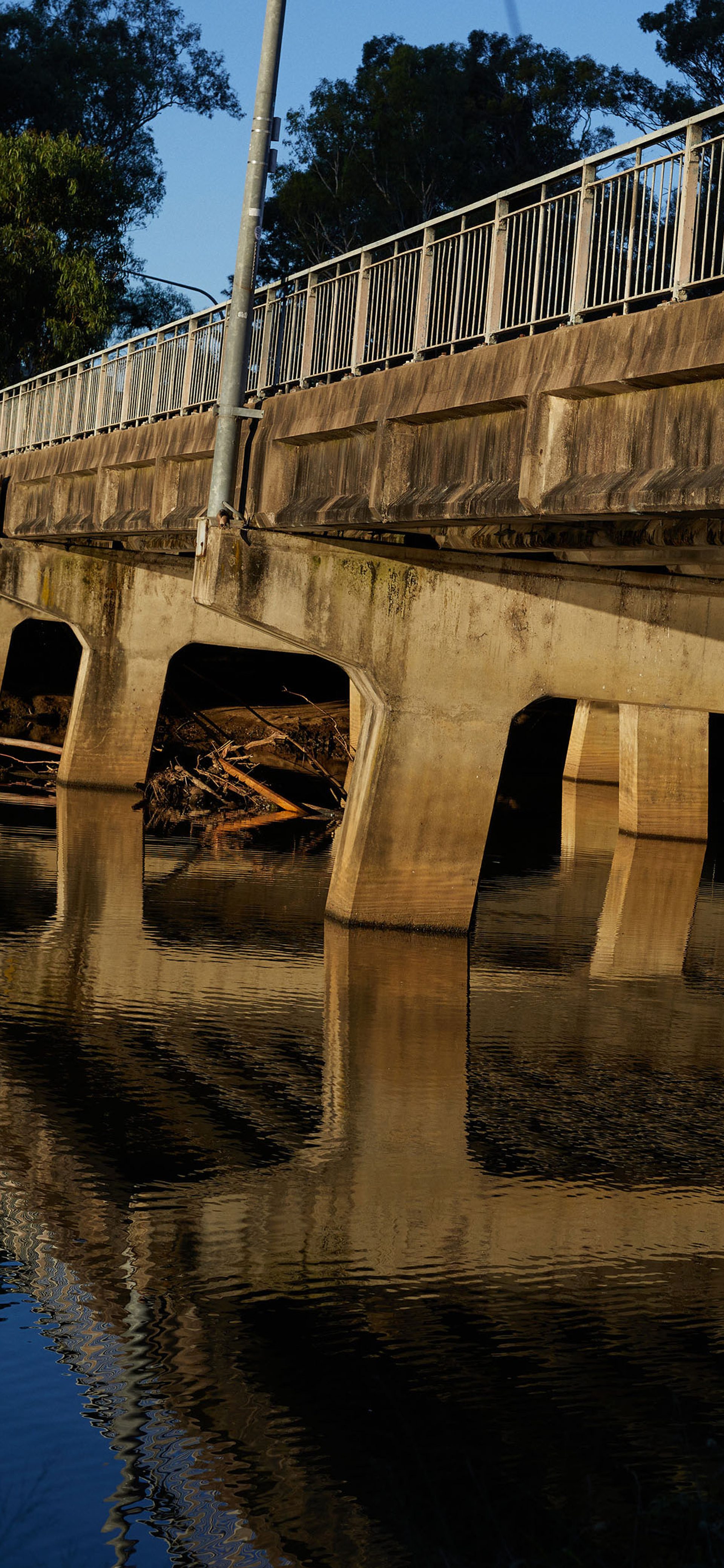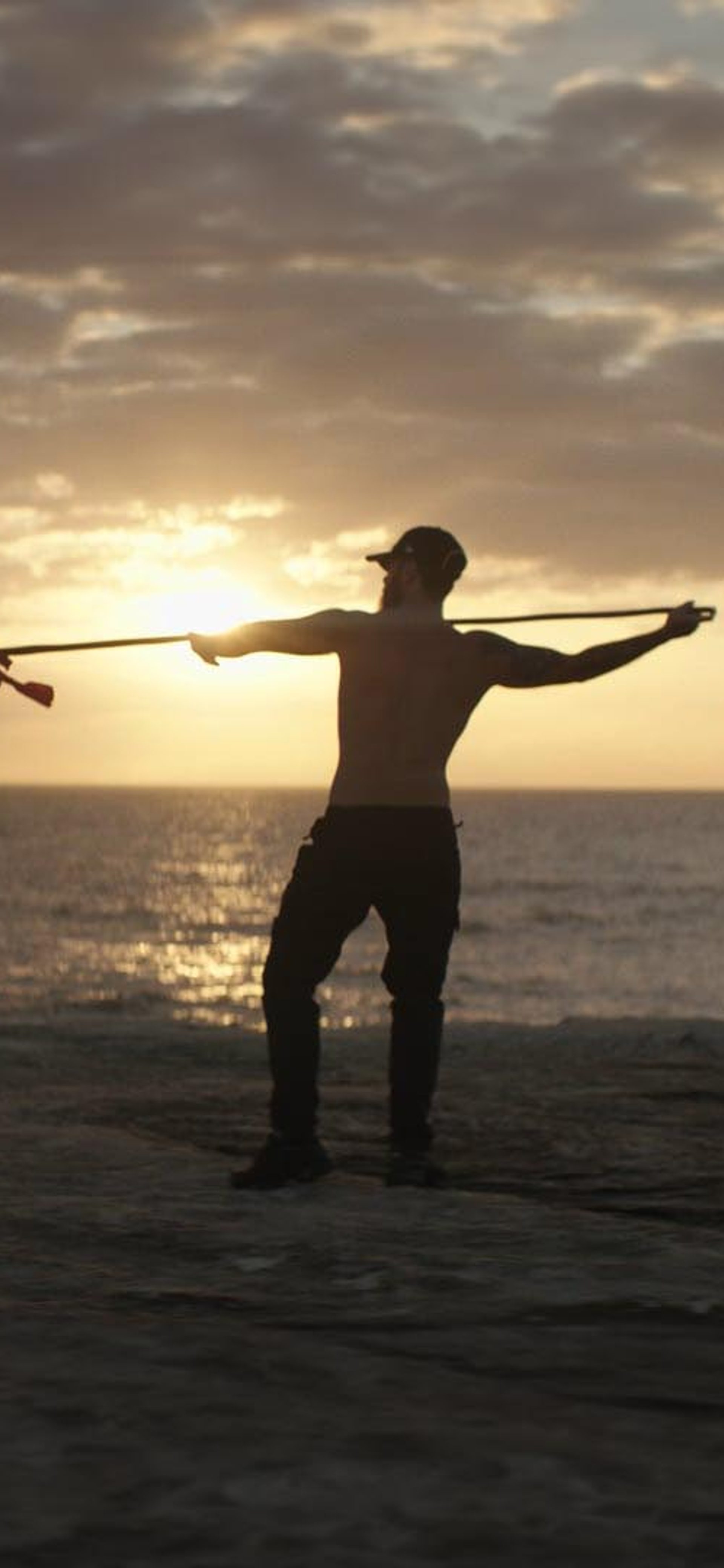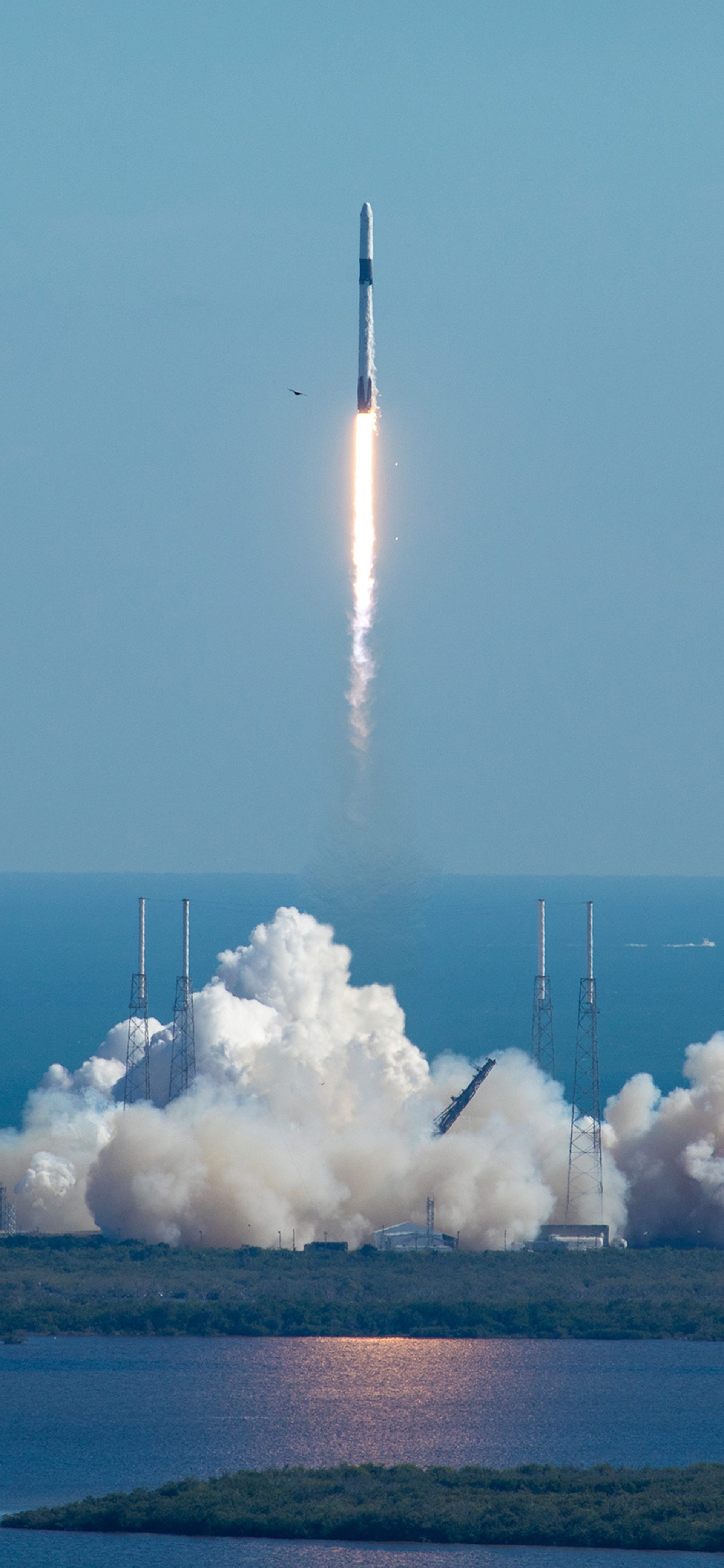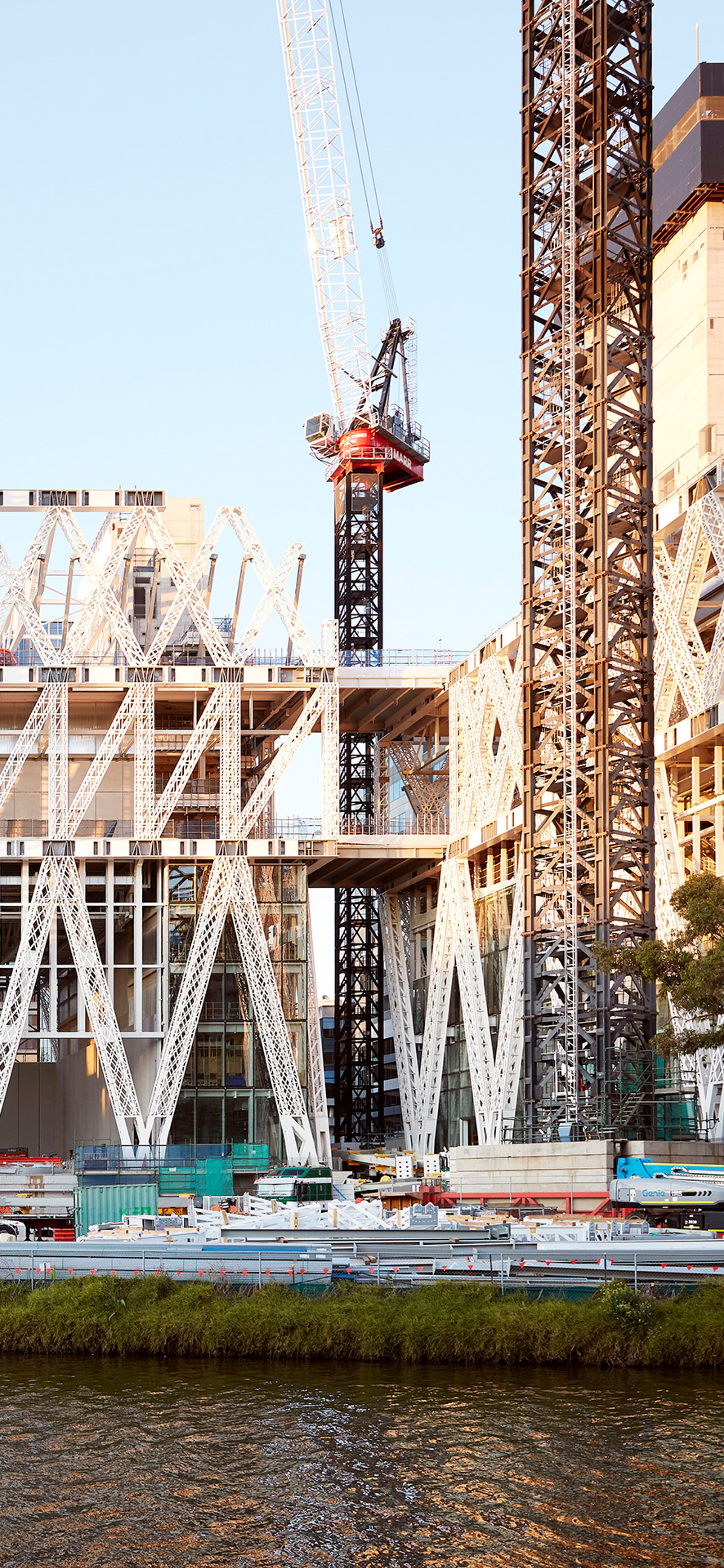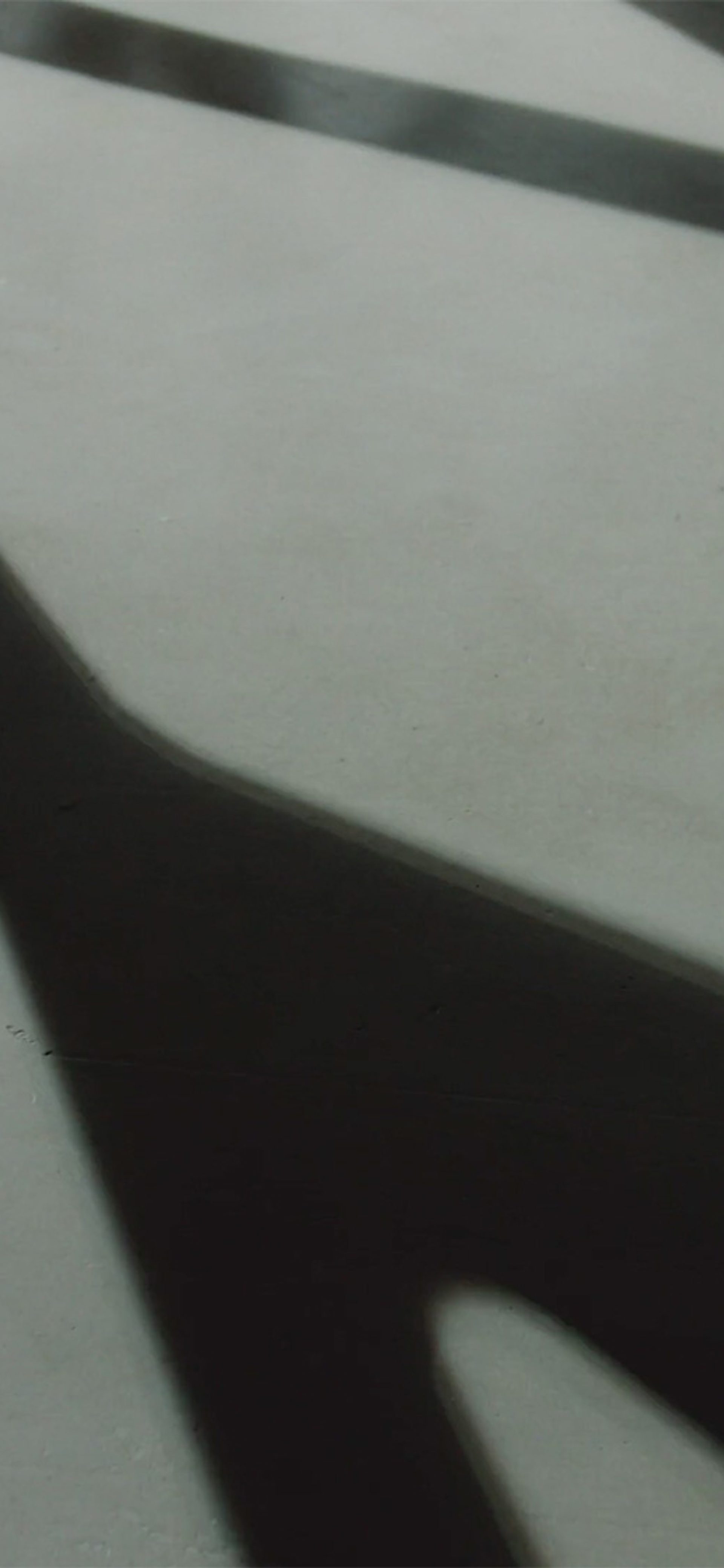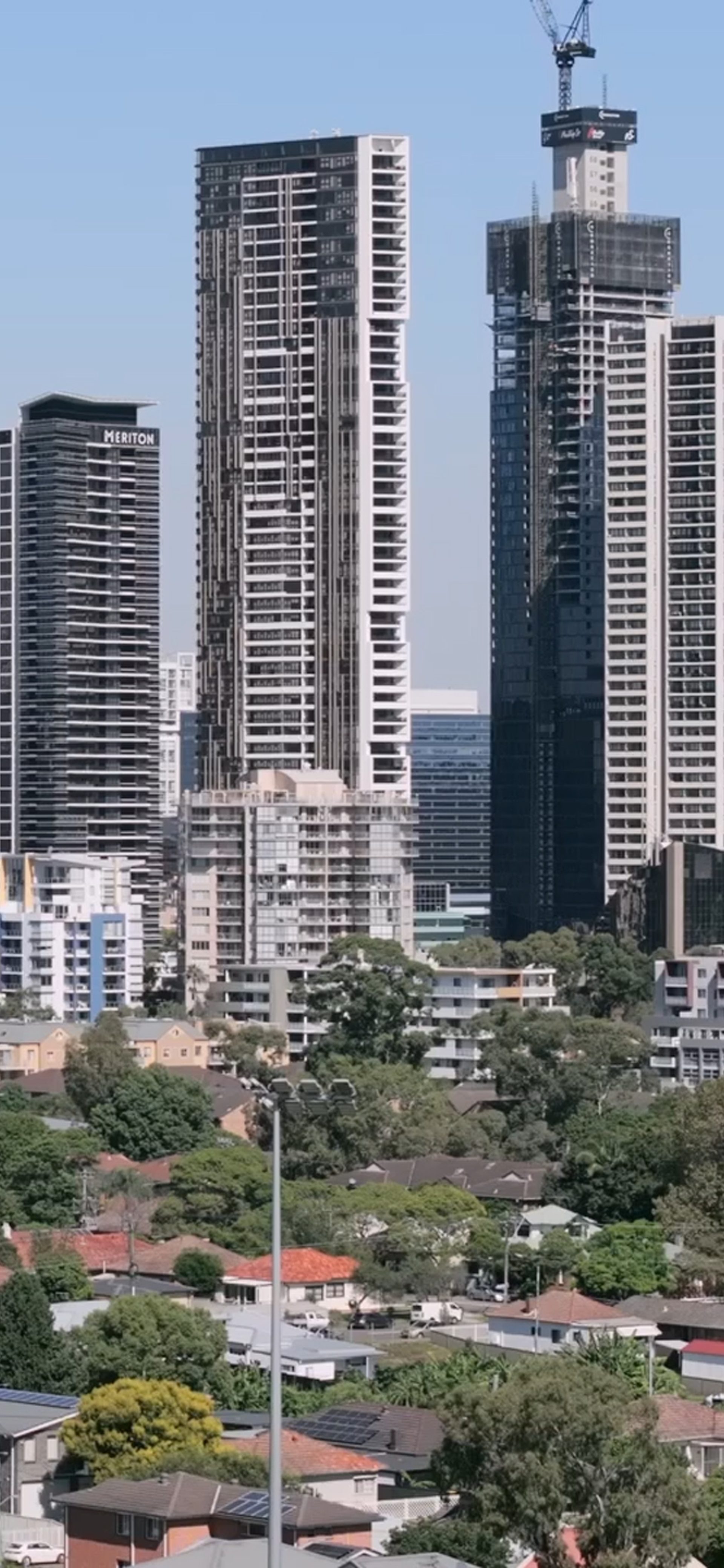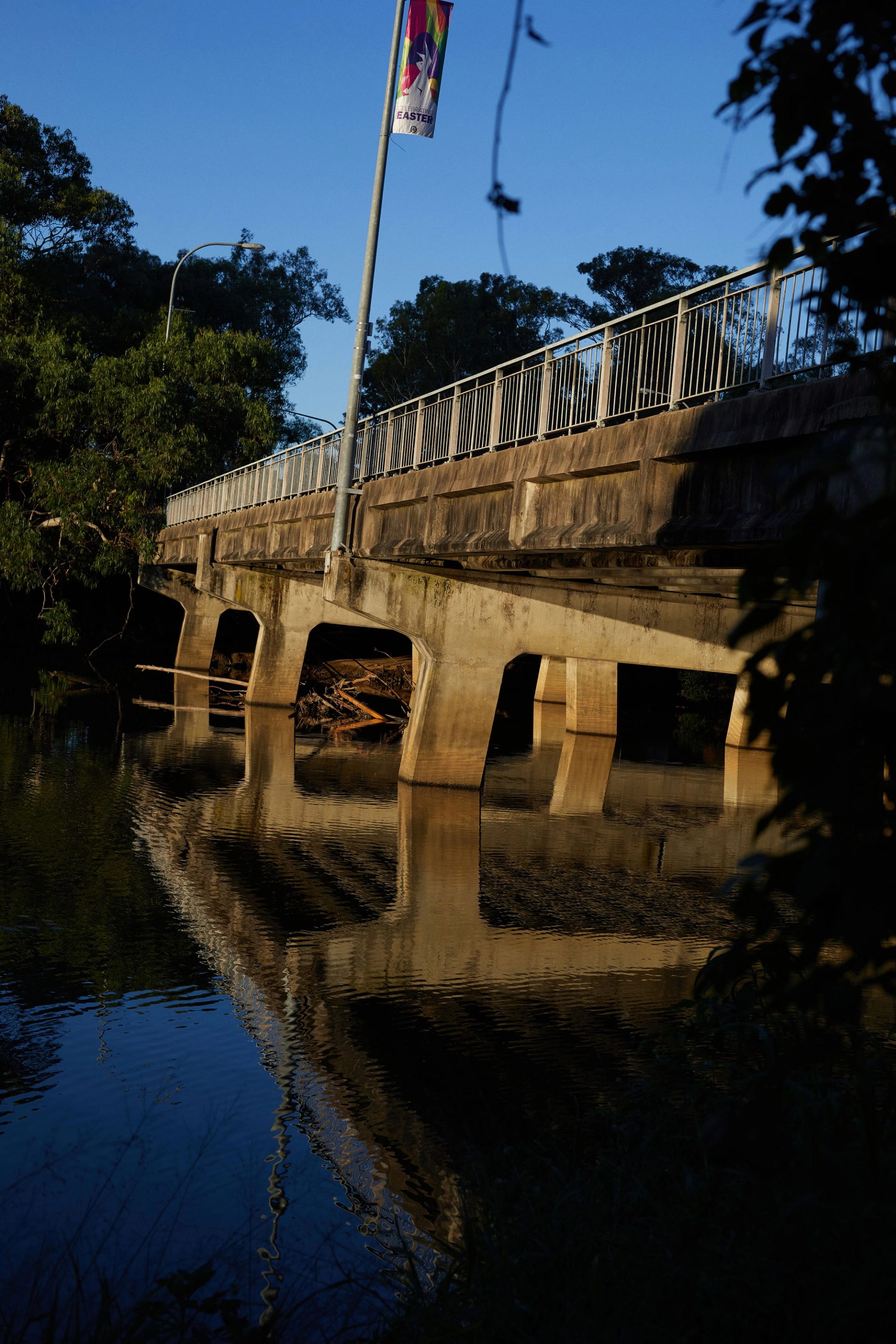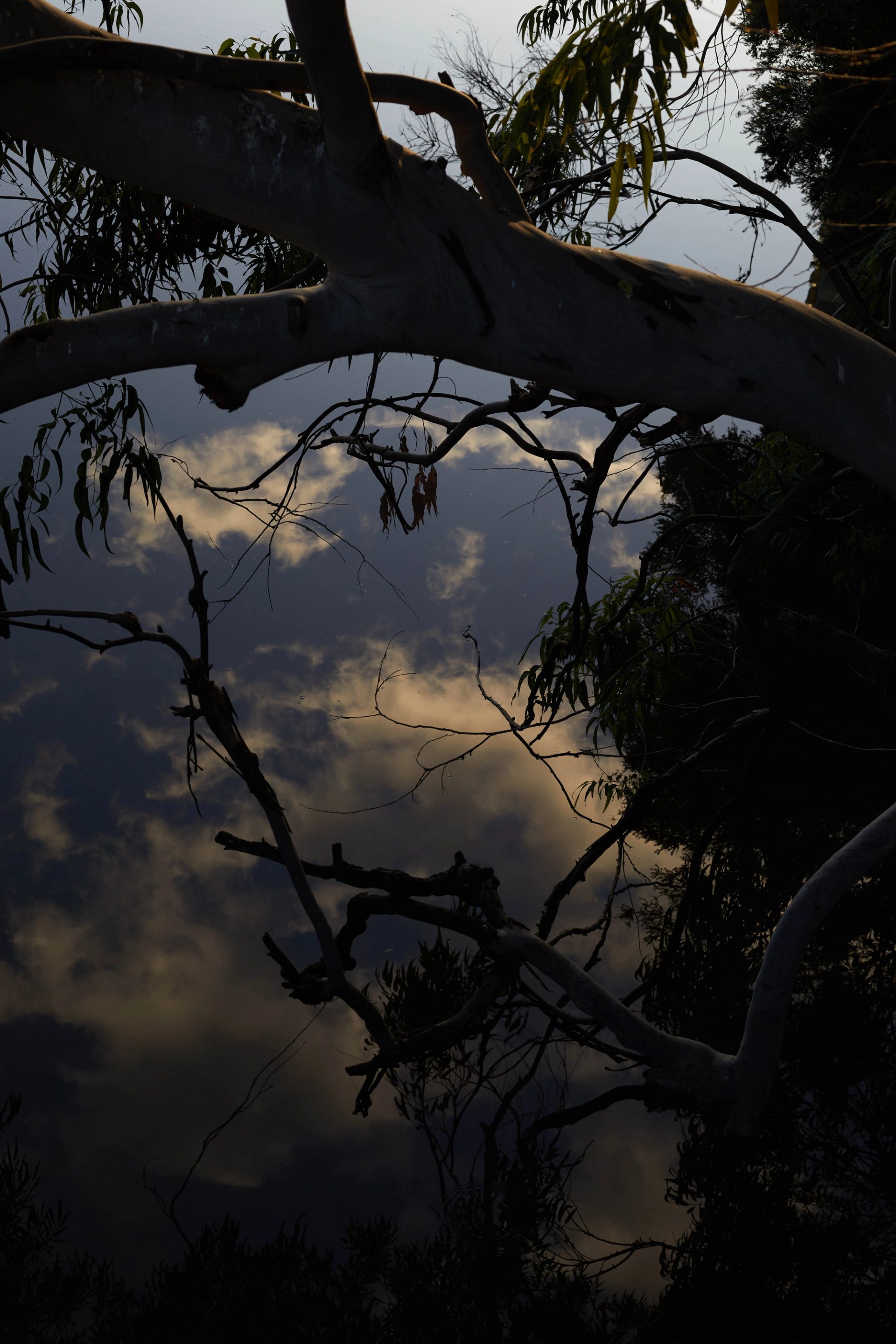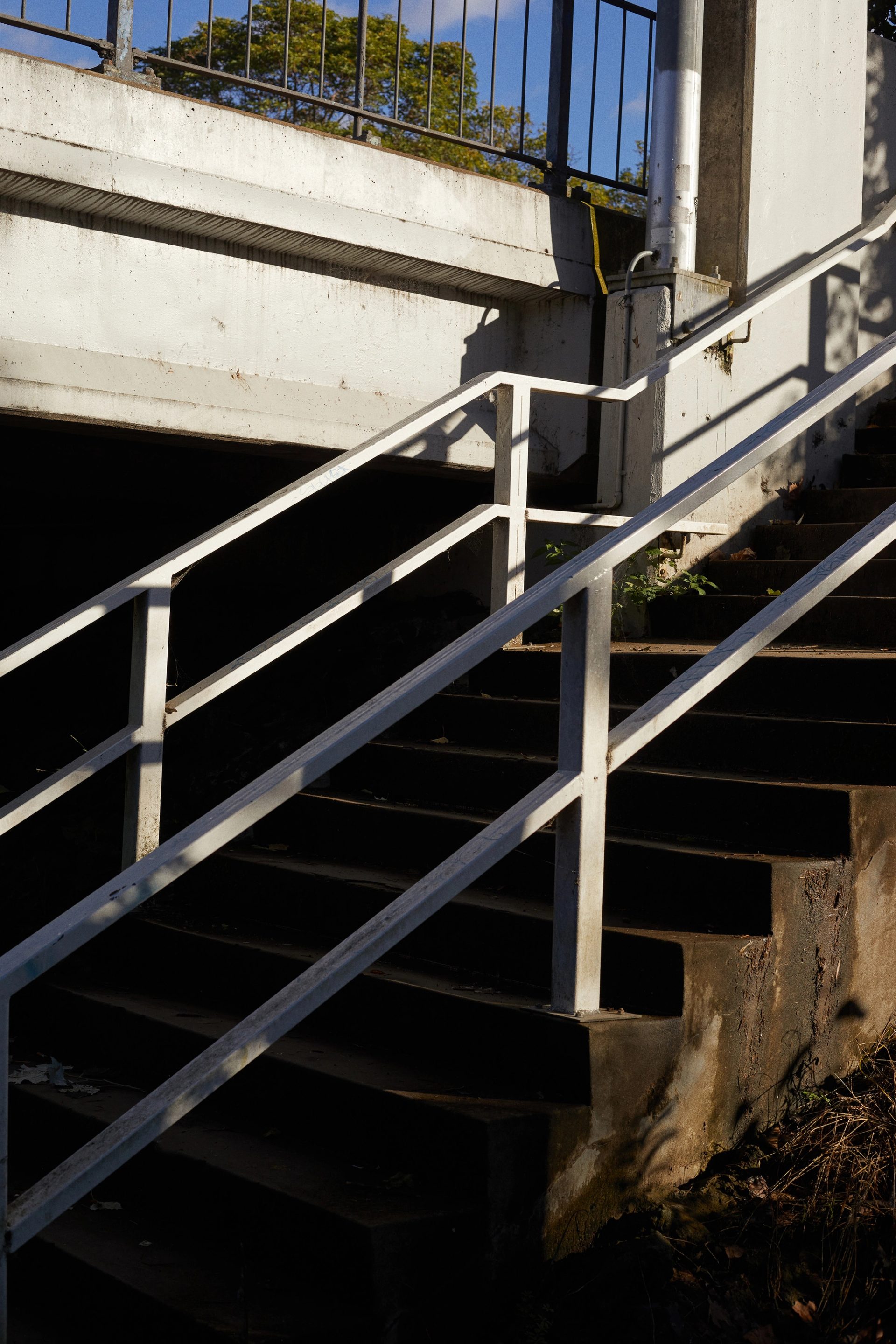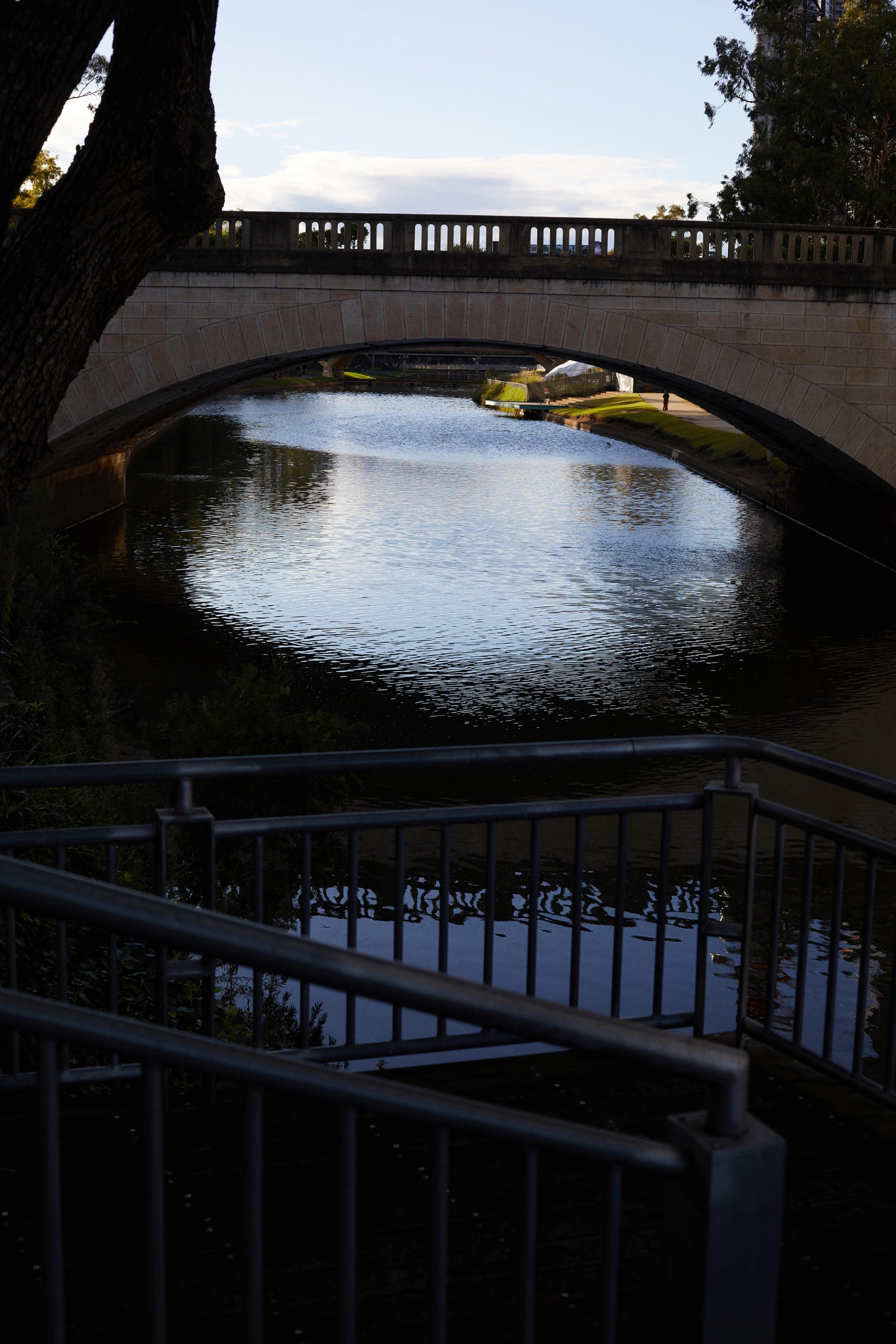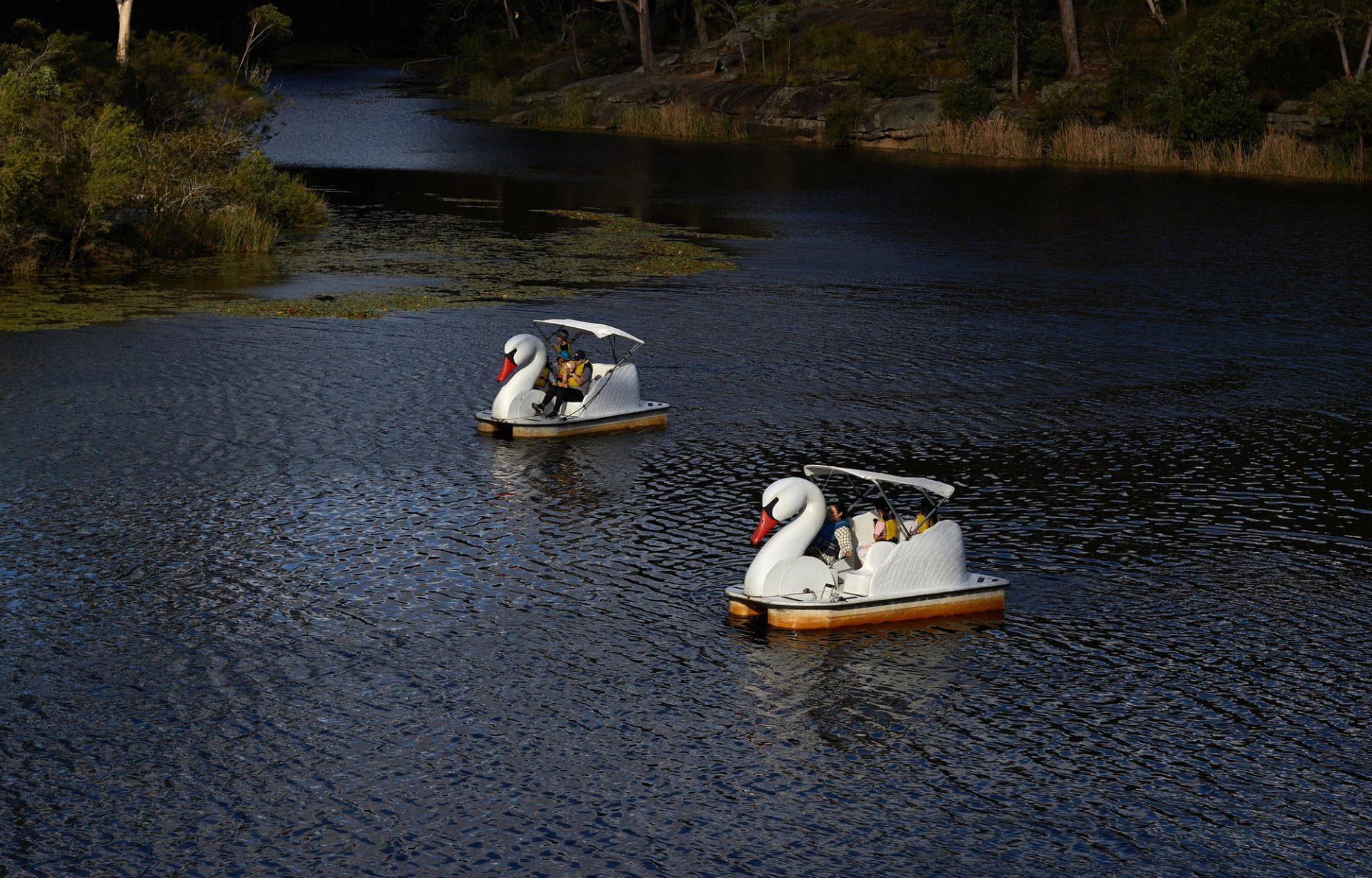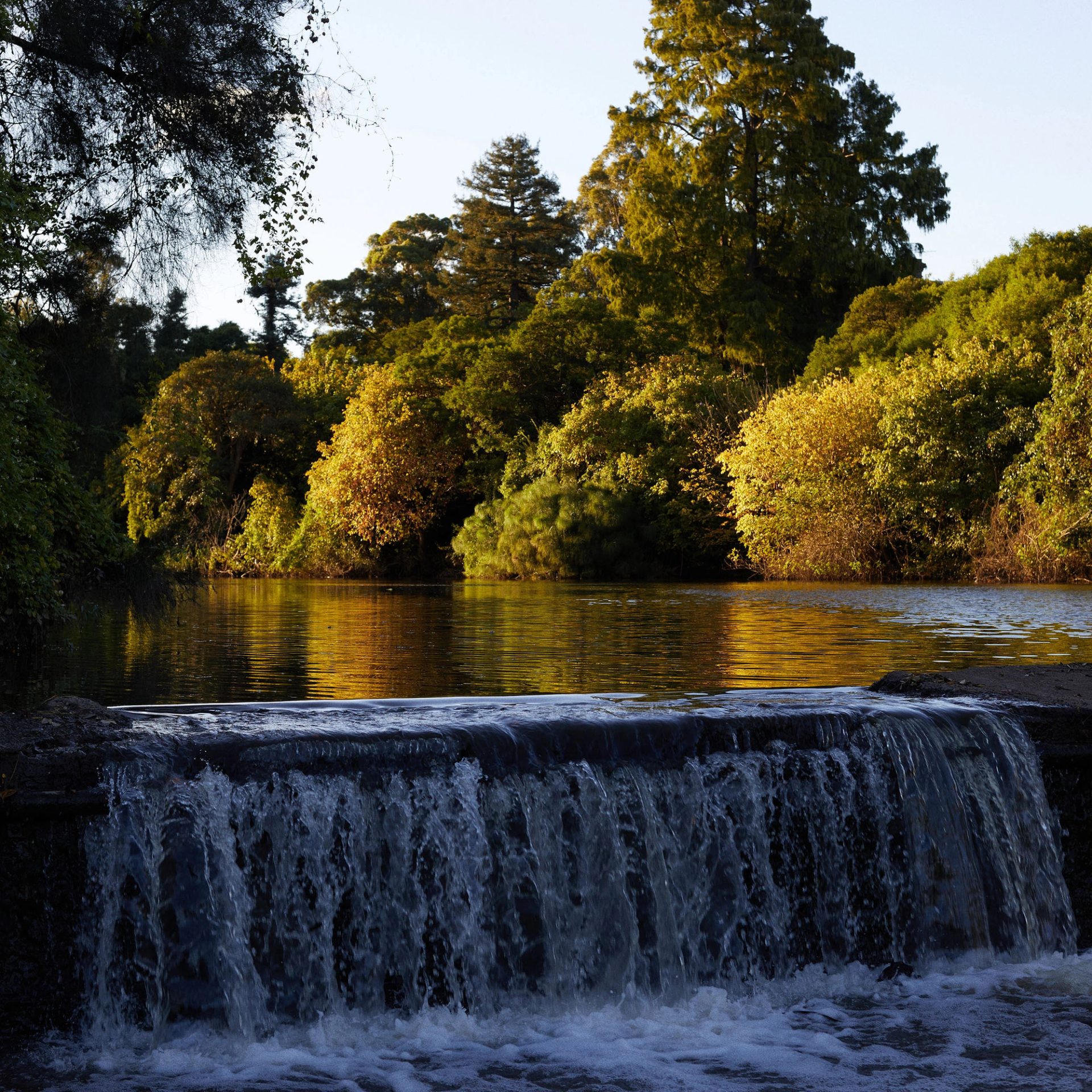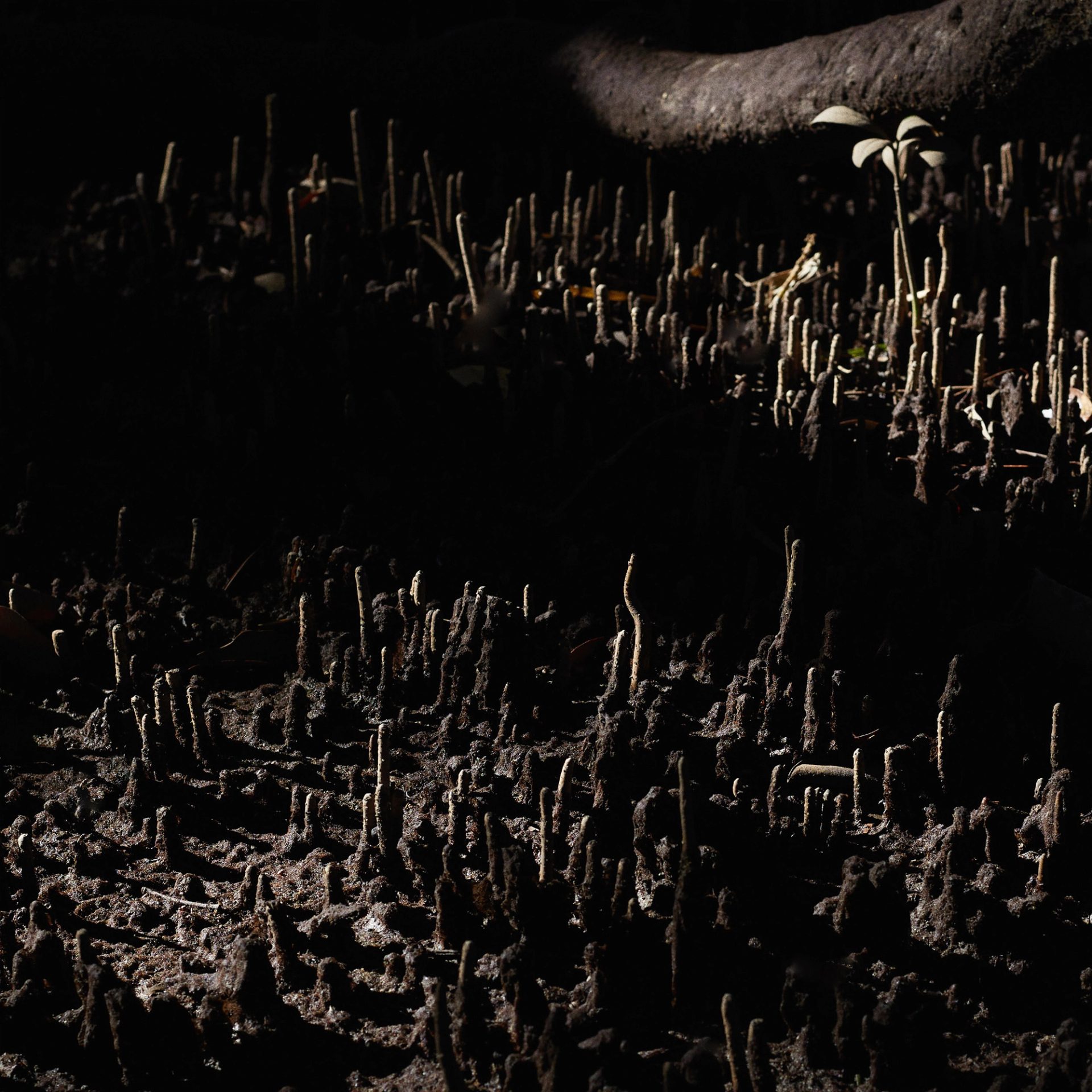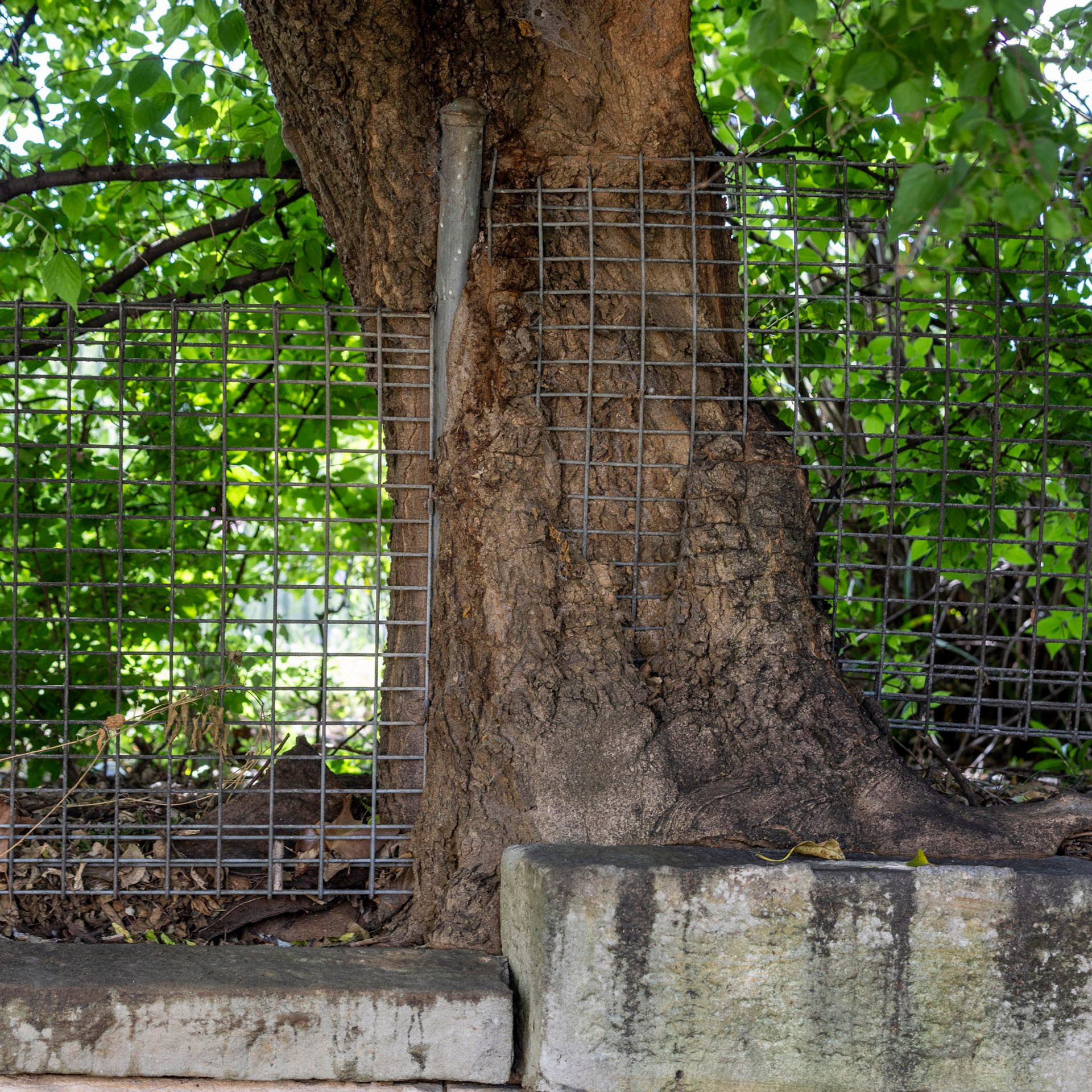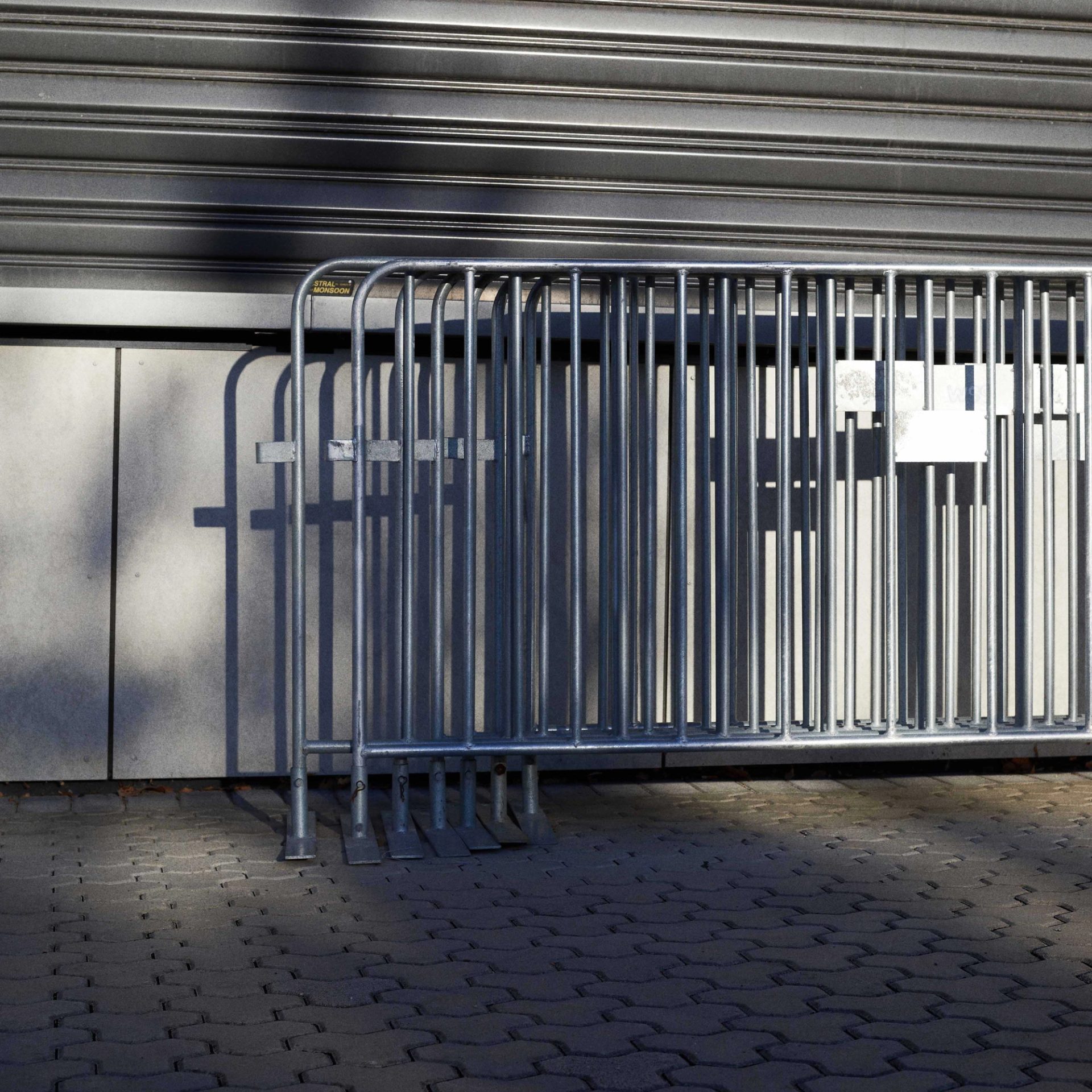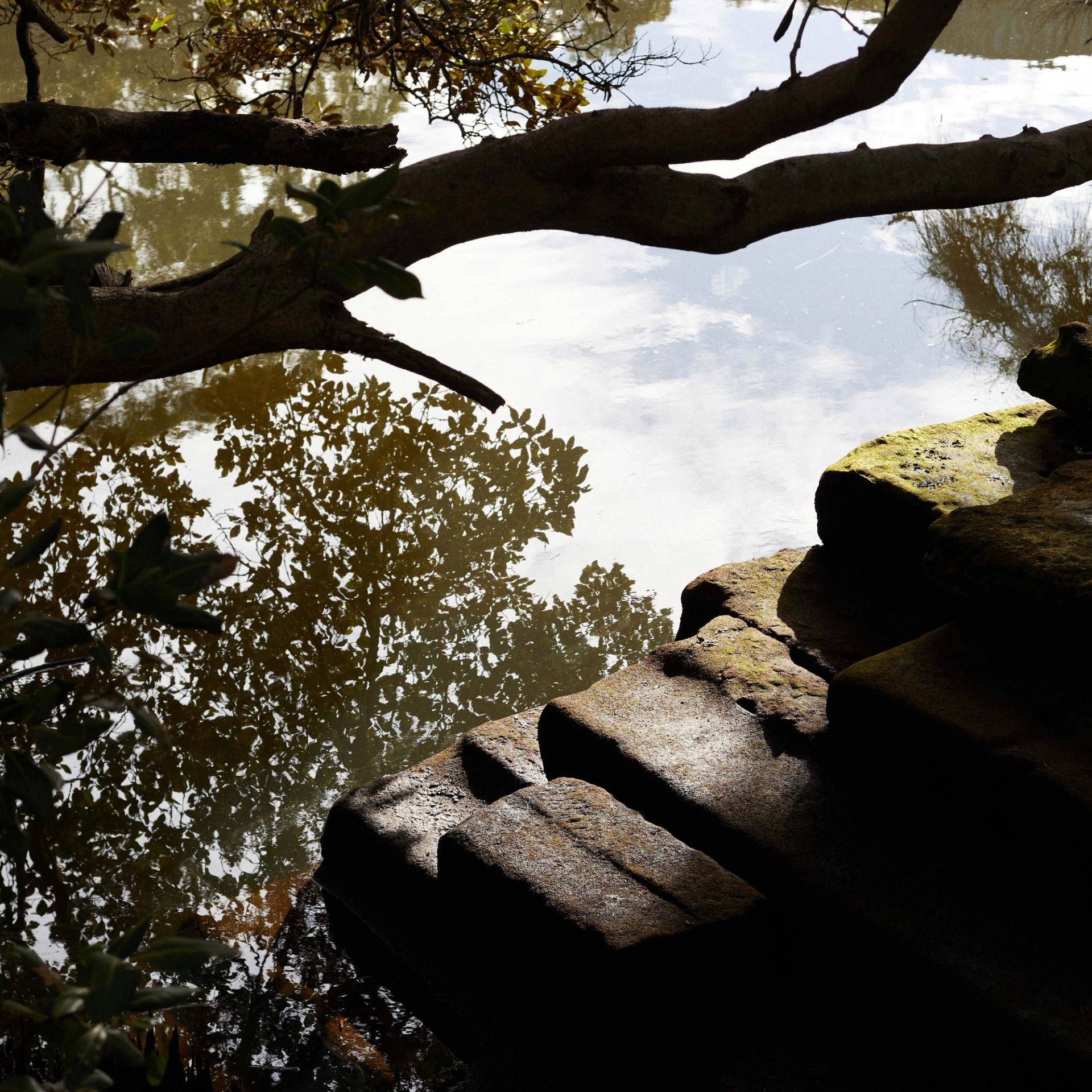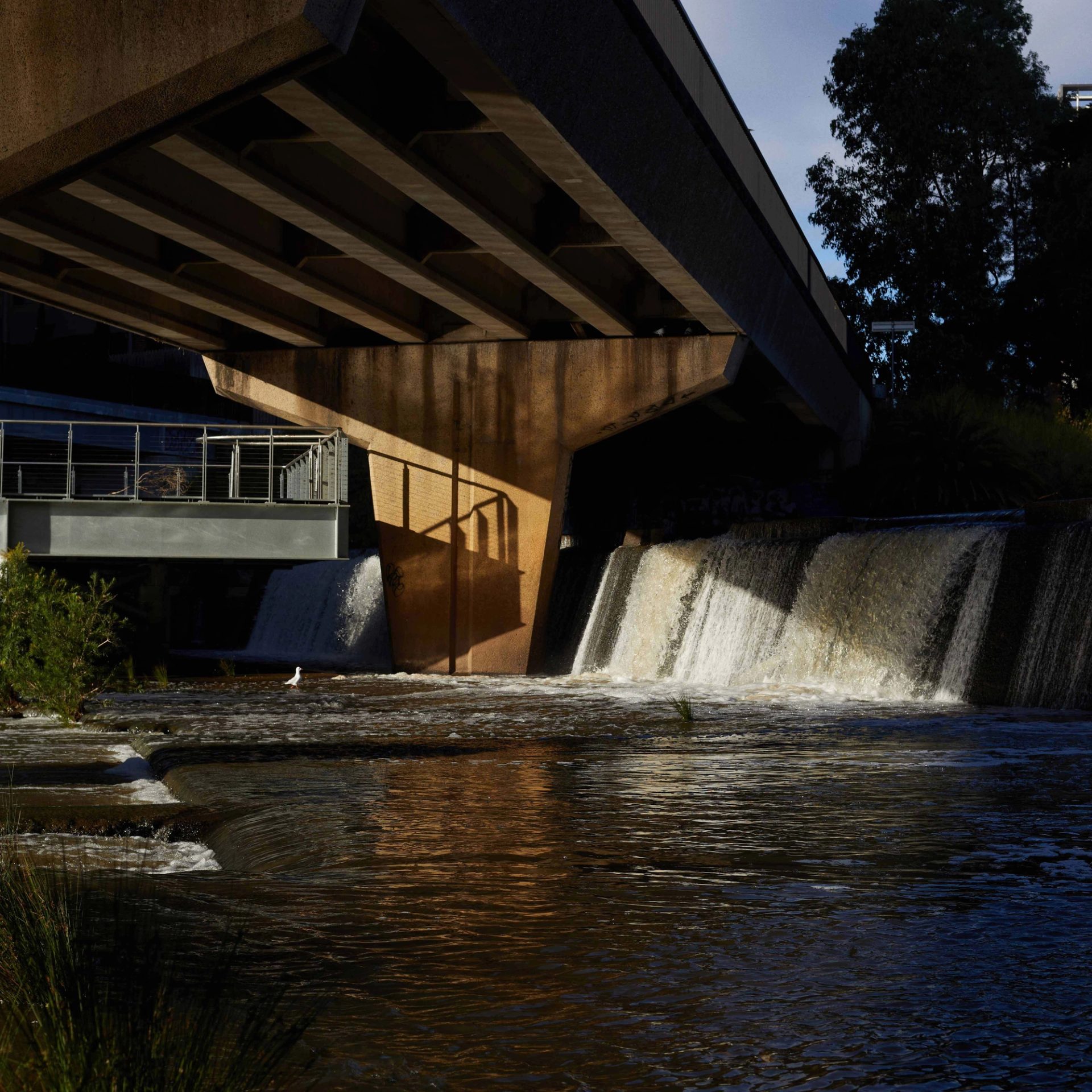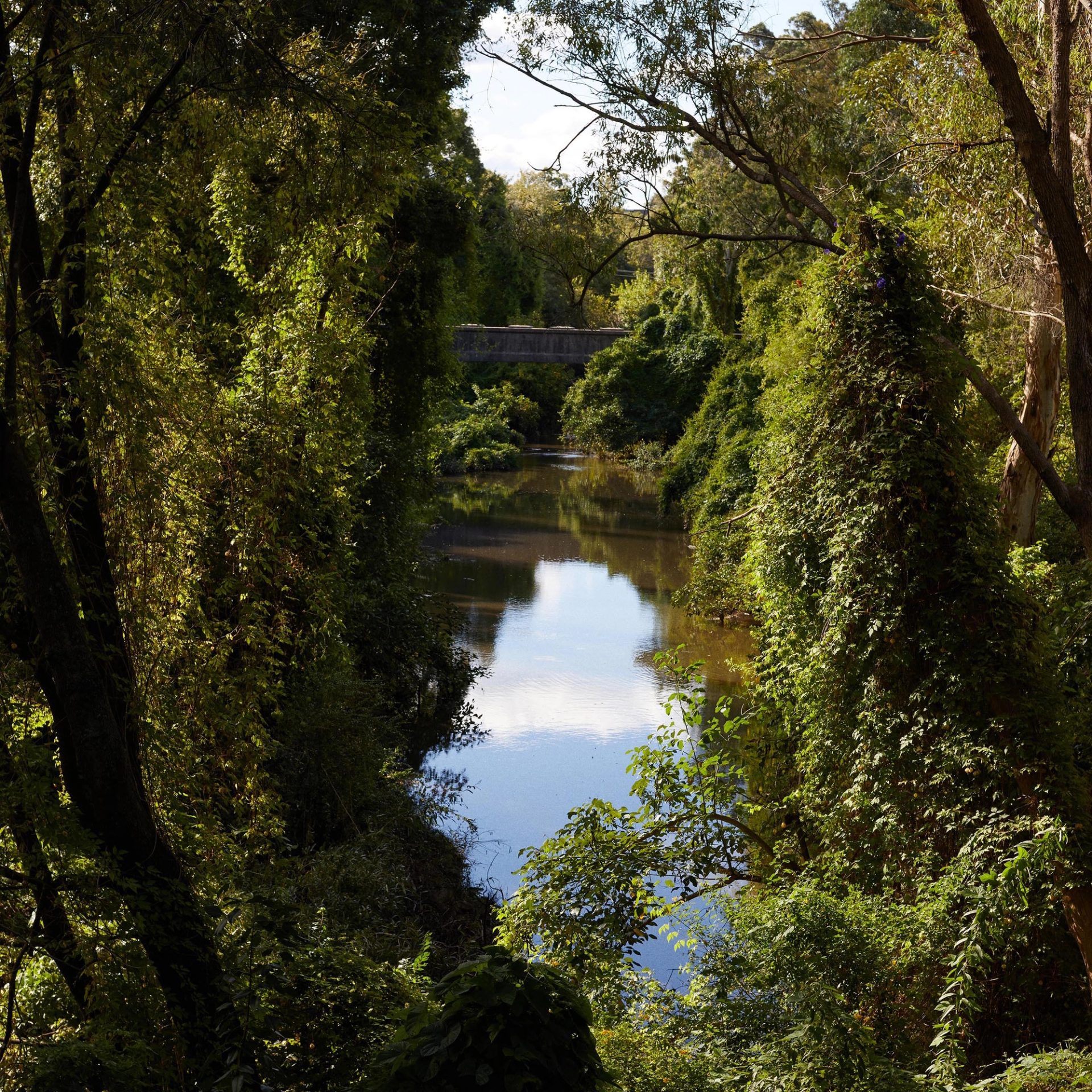Flow State

Lachlan Brown was commissioned by Powerhouse to write this poem for The River, a series of new writing and photography responding to the landscape, communities and histories surrounding the Parramatta River.
Flow State
Savvy paraclete brooding over the turns,
always flowing in fits & starts, work-
sited daylight with glistening buildings,
punctuated by verities (heritage, merit,
greenspace as concession or after-
thought): a river may recede without
being ceded; its beginning forever el-
-usive. The shopping trolleys haul stories
down Toongabbie Creek, channelling geo-
-logical time, another weir-ed waterway
shadows the point of confluence where eels
slip into or out of existence. Taking to the track,
you run through parklands, flanked by banks
& sandstone. There’s so much that will prop-
up the world. The bridges grip the span
of river. The metallic boardwalks grid
the wetlands so you’re floating above
grasses then mangroves. In the west
red gums will release a harvest
of flying foxes at the appointed time;they’ll stream across the draped sari
